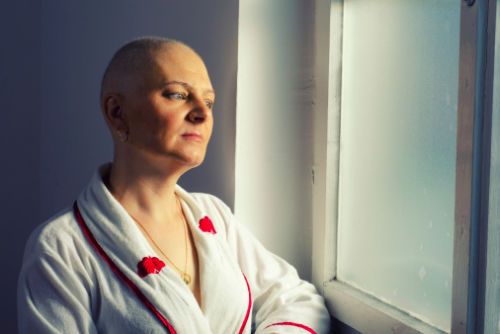



It's the diagnosis no one wants to hear: cancer. Almost everyone has had a friend or family member diagnosed with some form of the disease. But when the diagnosis is yours, your head is probably swirling with questions: What's the treatment? What is my prognosis? And, depending on how you came to learn about your cancer, could anything have been done to catch it—and treat it—sooner?
Some cancer diagnoses begin with a patient noticing a symptom, for example, a lump, and calling it to a doctor's attention. Others are found via routine screenings, like a blood test, pap smear or mammogram, that show an abnormality. In general, the earlier cancer is found, the more options there are for treating it and the easier it is to treat successfully. Some types of cancer are simply difficult to detect until the disease is far advanced. Others, however, may be missed by doctors who should have been able to catch them much earlier.
Medical malpractice happens when a medical professional with a duty to a patient breaches that duty, and the patient is harmed. The duty is created by the doctor-patient relationship. A breach would be failing to act as a reasonably prudent doctor would under similar circumstances. The harm, when we speak of a misdiagnosis or failure to diagnose cancer, can include loss or shortening of life, loss of function, increased pain and medical expenses, and more.
The key to all of this is what a “reasonably prudent” doctor would do under the circumstances. For instance, imagine a patient in his forties with no history of other major health issues who turns out to have pancreatic cancer, a disease that is usually detected only in later stages. It's possible that, had his doctor been scheduling regular annual CT scans to look for disease, the illness would have been detected and treated much sooner. However, giving annual CT scans to young, healthy patients has risks and is not the standard of care. Therefore, this patient's doctor, probably did not commit medical malpractice for failing to diagnose his cancer in this way.
Contrast a scenario involving a woman in her sixties who finds a small, hard lump in her breast that had not been there during previous self-exams. She goes to her doctor, who palpates the lump and says, “It's probably nothing to worry about. If it's still there in a year, we'll get it checked out.” The lump could be an aggressive form of breast cancer, but, even if it weren't, a reasonable doctor in those circumstances would have inquired about the patient's family medical history and ordered further diagnostics to rule out breast cancer.
The above are two fairly extreme examples. It's not always obvious to a patient whether a doctor's actions in making a diagnosis were reasonable or unreasonable. There are over 100 types of cancer, and, even for a single type of cancer different screening and testing decisions are appropriate based on a patient's unique circumstances. Patients, often occupied in fighting for their lives, may hesitate to pursue a claim of medical malpractice against the doctor who misdiagnosed them or diagnosed them too late.
However, there is merit to at least investigating whether there is a cause of action--a basis for filing a claim. Cancer can result in tremendous medical bills and significant loss of income, not to mention a great deal of pain and suffering for both patient and family. A doctor didn't cause the cancer, but his or her actions may have increased the pain and financial burden that result from it. Holding the doctor accountable for his or her negligence can ease the burden on the patient and family.
An ethical, experienced Oregon medical malpractice attorney will offer a free consultation and an honest assessment of whether a case is worth pursuing. If you wonder about whether your cancer could and should have been diagnosed sooner, we invite you to contact The Fraser Law Firm P.C. for a free, confidential initial consultation. We look forward to answering your questions.